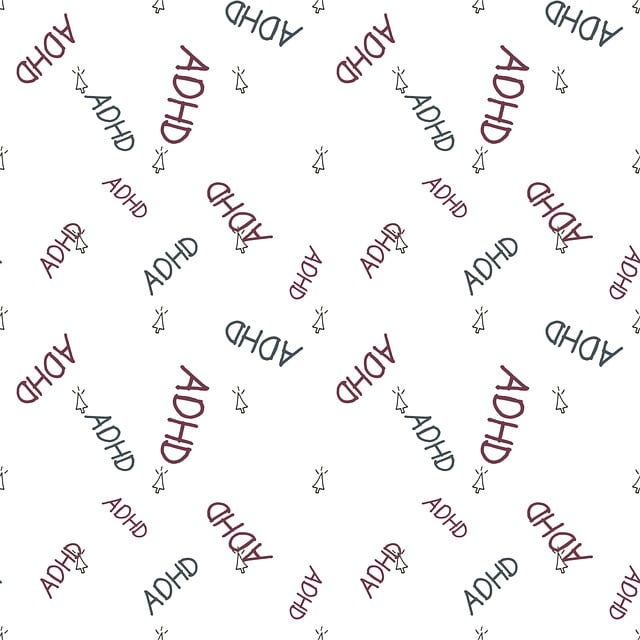Crafting an effective marketing strategy for a mental wellness app in Louisville requires understanding and segmenting potential users based on demographics and specific mental health needs, such as anxiety or PTSD. By targeting millennials and Gen Z who prioritize mental well-being, leveraging local culture and Mental Health Awareness initiatives, and engaging influencers, the app can stand out and foster open dialogue about mental health. Comprehensive market research is crucial to analyze competition, identify gaps in existing apps, understand healthcare trends, and ensure the app addresses critical user demands like risk assessment while catering to Louisville's diverse population.
“Unveiling the power of Louisville Mindfulness Therapy: A Comprehensive Marketing Strategy. In today’s digital age, mental wellness apps are transforming lives, and Louisville is no exception. This strategy delves into the heart of app marketing by first understanding the diverse needs of Louisville residents through demographic and psychographic analysis.
By assessing competitors and exploring current app offerings, we identify the app’s unique selling points. Subsequently, we craft compelling messages that resonate with various user groups, emphasizing personalized therapy, accessible mindfulness, and digital convenience.
Through strategic social media engagement, influencer collaborations, email campaigns, and cross-promotion, this app aims to capture minds and hearts in Louisville.”
- Understanding Your Target Audience
- – Identify demographics and psychographics of potential users in Louisville
- – Conduct market research to assess competition and current app availability for mental wellness resources
Understanding Your Target Audience

Understanding your target audience is a pivotal step in crafting an effective marketing strategy for a mental wellness app, especially when catering to a city like Louisville with its unique needs and demographics. When promoting services focused on resilience building and positive thinking, it’s essential to segment and analyze potential users within the Louisville Mindfulness Therapy market. This involves considering age groups, gender, income levels, and the specific challenges they face regarding mental health awareness.
By delving into these aspects, marketers can tailor content and messaging to resonate with individuals seeking support for anxiety, stress management, or even post-traumatic healing. Through targeted advertising and personalized outreach, a Louisville-centric mental wellness app can stand out, offering tailored solutions that cater to the diverse psychological landscapes of its residents, fostering a culture of open dialogue around mental health awareness.
– Identify demographics and psychographics of potential users in Louisville

In Louisville, understanding the demographics and psychographics of potential users is key to developing an effective marketing strategy for a mental wellness app. Research indicates that the city has a growing awareness and interest in mindfulness and therapy practices. According to recent surveys, there’s a significant portion of the population—especially millennials and Gen Z—who prioritize mental well-being and are actively seeking digital solutions for stress management and burnout prevention. This trend opens up an opportunity to tap into Louisville’s vibrant young adult scene, with a marketing focus on how the app can integrate seamlessly into their daily routines for improved mental health.
Moreover, the city’s diverse culture and rising Mental Health Awareness initiatives provide a fertile ground for promoting Louisville Mindfulness Therapy apps. By tailoring marketing efforts to address specific challenges like Burnout Prevention and highlighting features that support Risk Management Planning for Mental Health Professionals, the app can position itself as a valuable resource within the community. Engaging with local influencers and mental health advocates could also amplify the app’s reach, fostering open conversations about Mental Health Awareness and normalizing therapy access.
– Conduct market research to assess competition and current app availability for mental wellness resources

Before developing a marketing strategy for a mental wellness app, it’s crucial to conduct thorough market research to understand the competitive landscape in Louisville and across the nation. This involves assessing the abundance and diversity of existing apps catering to mindfulness and therapy needs. By analyzing features, pricing models, and user reviews, you can identify gaps in the market that your app could fill. For instance, there might be a lack of personalized programs or a need for more diverse therapeutic approaches accessible through mobile technology.
Additionally, exploring the offerings of local and national healthcare providers reveals trends in mental wellness services. This includes recognizing popular Stress Reduction Methods and understanding the growing importance of Healthcare Provider Cultural Competency Training. Moreover, gauging user demand for digital solutions and evaluating existing apps’ effectiveness can inform your strategy, ensuring your Louisville Mindfulness Therapy app stands out while addressing critical issues such as Risk Assessment for Mental Health Professionals in a safe and effective manner.
In developing a marketing strategy for a mental wellness app, understanding the unique needs of Louisville’s diverse population is key. By targeting specific demographics and psychographics within the city, app developers can ensure their offerings resonate with potential users seeking mindfulness and therapy solutions. Market research reveals both opportunities and competition in the Louisville market for mental wellness apps, emphasizing the need for innovative features that set new platforms apart from existing resources. With a well-defined target audience, a comprehensive understanding of local trends, and a focus on unique selling points, an effective marketing strategy can successfully promote apps like Louisville Mindfulness Therapy to those in need.














